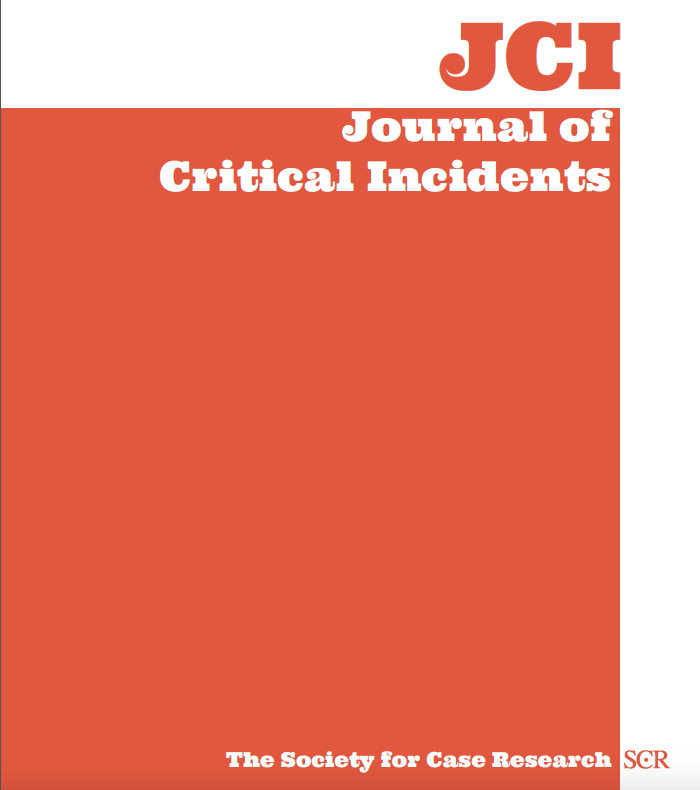Seeing the Light or Tilting at Windmills? The Case of Richards-Townshend

As a result of complying with a request made of al law firms to investigate gender equity, by his Bar Association, Merle Richards obtains evidence that his firm’s environment may not be gender neutral. A consultant’s report indicates confusion about the criteria for attorney retention and promotion, a perception of gender bias, rifts between female associates and female partners, and high dissatisfaction among most female partners. Meanwhile, the firm’s Board of Directors is divided regarding the wisdom of taking any conspicuous action to verify and address these issues. Students are asked to put themselves in Merle’s position as he tries to make sense of the consultant’s findings as well as make the right recommendation to the Board of Directors. Should Merle recommend that the firm openly examine gender bias in the workplace?
- Evaluate the implications of the multiple issues that are associated with perceived gender inequities within the workplace.
- Distinguish between the possible interests and positions of the stakeholders.
- Determine how communication between organizational leaders and members should be leveraged as a means of resolving the presented situation.
- Assess possible approaches that decision-makers might take in response to the nuanced and multi-faceted situations embedded in this critical incident and explain possible outcomes that may result from those decisions.
